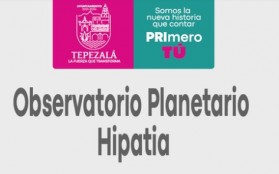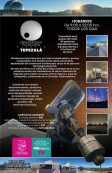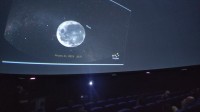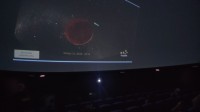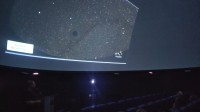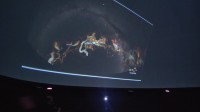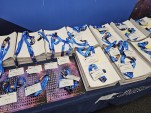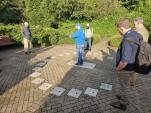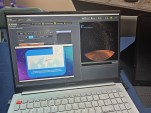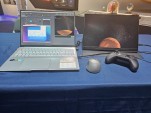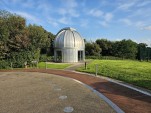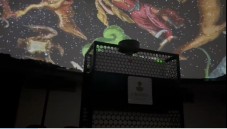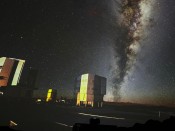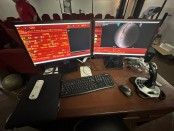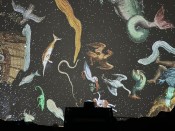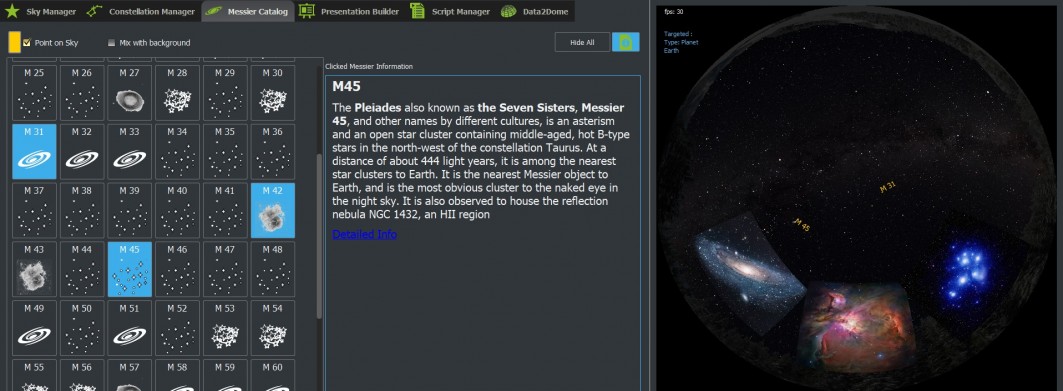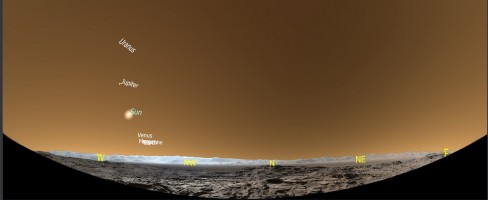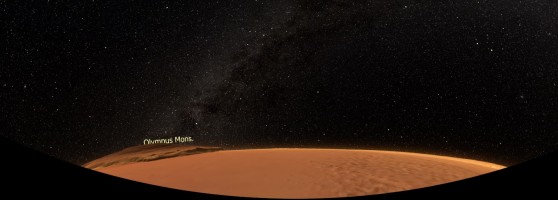Shira Universe version 5.5
- Details
Shira Universe version 5.5 has been released with many innovations.
The following improvements and bug fixes have been made.
- Added Shooting Star & Star Twinkle effect for landing mode.
- Added Ultra High planetary textures option with combo selection ( Warning!: minimum 16 GB hardware memory and the ability to open 8 GB texture of the graphics card are required)
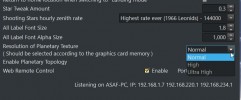 |
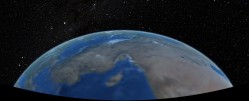 |
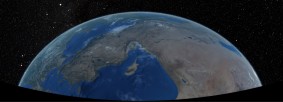 |
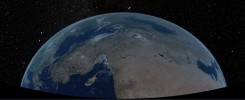 |
| Normal Texture | High Texture | Ultra High Texture |
- Added Indonesian sky culture created by Imahnoong that Indonesian distributor.
| Special Moon View ( Nini Anteh ) | Nini Anteh (Copyright by Imahnoong) | |
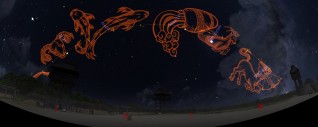 |
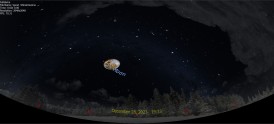 |
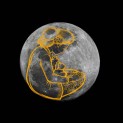 |
- Added China Space Station 3D model.
- Added China sky culture.
- Added Animated Ocean landscape - Update Remote Web Control Interface : Added Presentations & Scripts Manager
- Changed preview screen Hovered and Marked object views.
Bugfix
- Fixed "there is already script running" error problem while run a new script.
- Fixed horizontal and vertical inverted output file problem when saving fulldome frame.
Full version package can be downloaded from the download area. Click
Hipatia Observatory & Planetarium, Tepezala, Mexico
- Details
Hipatia Observatory and Planetarium was opened at the beginning of last October 2023. The planetarium has a 12-meter dome and 80 seats. Vioso mapping system was used in the system, which operated a multi-projector system with 5 projectors.
Mexican Planetarium Association manager Eduardo Hernandez decided to use the "Shira Dome Console".
In this application, dome integration was achieved by using the "Shira Dome Console" software and the calibration output produced by the "Vioso6" software.
https://www.facebook.com/observatoriotepezala
BAP (British Association of Planetaria) Conference 2023
- Details
Sureyyasoft was successfully represented by the UK representative Cosmodome Planetarium at the BAP conference held at Armagh Planetarium on 1-2 September.
Thanks to Steven Gray from Cosmodome and Kerem Çubuk from Armagh Planetarium and Observatory.
You can download the BAP 2023 Sureyyasoft presentation (ppt) file from the link below.
https://docs.google.com/presentation/d/17UBSLNNi1oRd6WMYRH2NNnARy31vRmsX/edit?usp=drive_link
DPHDM, Naval School, Brazil
- Details
Diretoria do Patrimônio Histórico e Documentação da Marinha ( https://www.marinha.mil.br/dphdm/ ) started to use Shira Universe 5.0 software together with the projector purchased from Urania Fulldome (https://www.uraniafulldome.com.br/).
Congratulations..
Shira Universe 5.1 is relased.
- Details

